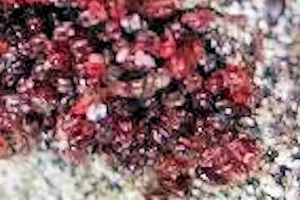UK research project to control poultry red mite

Infestation of hen houses with the poultry red mite is a major health concern of the European poultry industry with significant economical losses. The mites live, off-host, in inaccessible areas of the cages during daylight and emerge during darkness to feed on the hens, biting through the skin to feed on blood. Infestation with these mites has important animal welfare implications including anaemia, feather-pecking and an increased incidence of cannibalism, thus having a significant impact on productivity.
The BBSRC has recently awarded a £0.55M research grant to Moredun scientists in collaboration with Pfizer Animal Health to develop a vaccine to help protect hens against these blood sucking mites.
Dr Alasdair Nisbet who is heading the project at Moredun commented, “Controlling mite populations is now a major problem, with most pesticides affording only limited or short-lived reduction in the population of mites. There is also the issue of development of drug resistance and environmental contamination which means there is an urgent need to develop alternative control strategies”.
The team’s approach is to determine whether it might be possible to vaccinate laying hens using specific extracts of the mites thus inducing an immune response in the hens that will attack and kill the mites when they take a blood meal from an immunised hen.
“Our goal is to identify the bits of the mite that will induce the best immune responses in the hens and produce large quantities of these using recombinant technologies to enable large scale vaccination trials to take place. Preliminary work at Moredun has shown that a vaccination approach is a feasible option to control red poultry mite and we are really excited about progressing this work,” Nisbet concluded.
Professor Douglas Kell, BBSRC Chief Executive, said “Diseases in farmed animas are a serious animal welfare and food security issue. This new project looking at red mites in poultry highlight the vital role of bioscience research in ensuring farmed animals have the best possible welfare standards, as well as reducing the significant economic losses caused by reduced productivity.”












